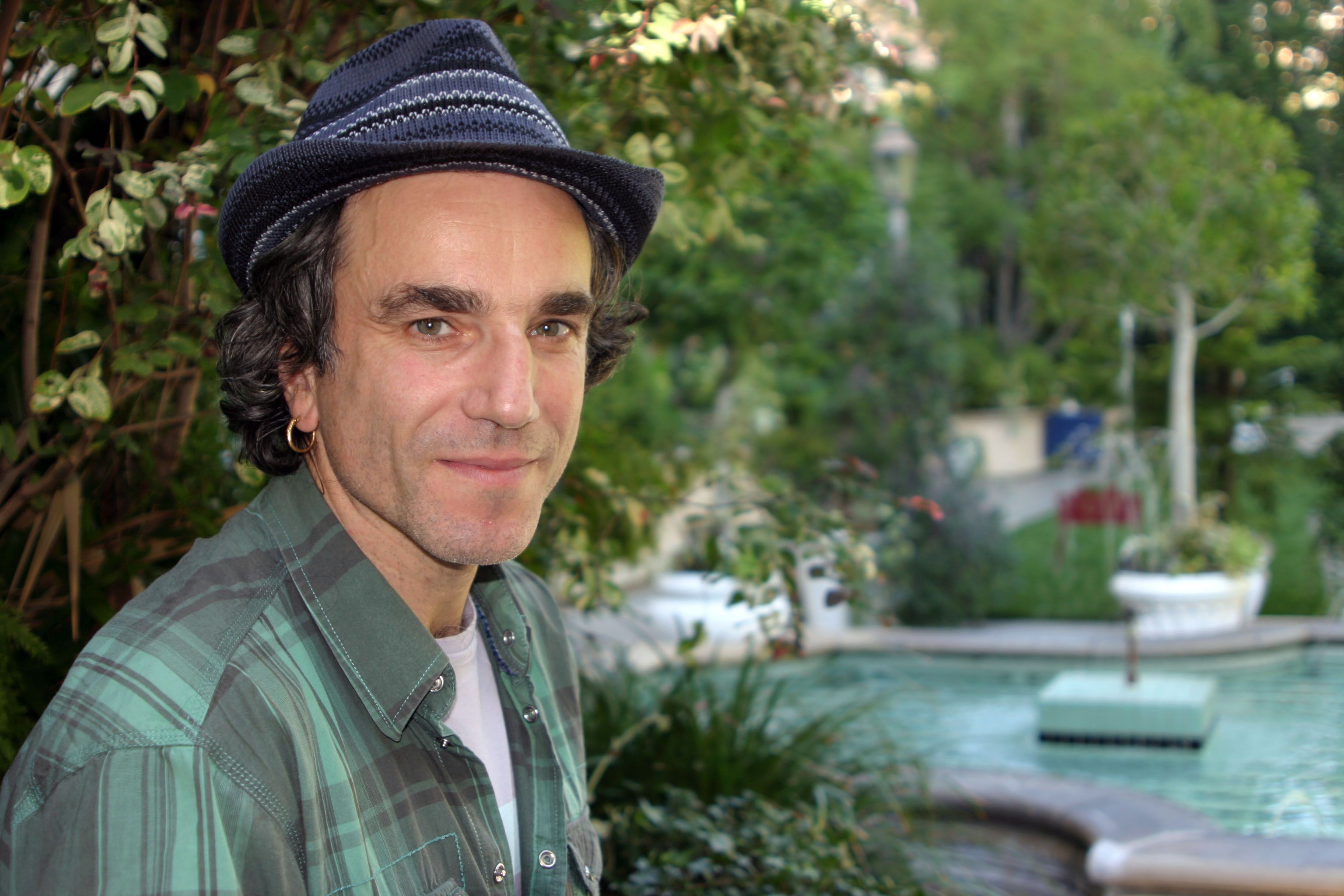Daniel Day-Lewis: The Method Master and the Art of Transcendence
1. Introduction
Daniel Day-Lewis, hailed as the "greatest actor of his generation," is an enigma wrapped in an enigmatic method. His transformative performances and meticulous approach to characterization have earned him three Academy Awards and a reputation as a master of the Method acting technique. This essay aims to critically examine the complexities of Daniel Day-Lewis, the Method actor who transcends film. By exploring his unwavering commitment to the craft, his unique creative process, and the impact of his performances on cinema, the essay will reveal the intricate tapestry that has woven the fabric of his extraordinary career.
2. The Method and the Madness
Daniel Day-Lewis's Method acting approach is rooted in the Stanislavski system, which emphasizes emotional truth through detailed character analysis and immersion. Day-Lewis embraces this method wholeheartedly, relentlessly embodying his characters to an almost obsessive degree. For "My Left Foot" (1989), he spent hours in a wheelchair and wore heavy prosthetics to simulate the physical disabilities of Christy Brown. In "There Will Be Blood" (2007), he isolated himself from the cast and crew, adopting the persona of the ruthless oil magnate Daniel Plainview.
While Day-Lewis's Method acting has been praised for its authenticity and depth, it has also raised concerns about the potential risks to his mental health. His intense characterization often leaves him physically and emotionally drained, as evidenced by his hospitalization after completing "My Left Foot." The question arises whether the sacrifices he makes for his art are justified or whether they border on self-harm.
3. The Creative Crucible
Day-Lewis's creative process is as enigmatic as the man himself. He meticulously researches his roles, delving deep into the historical and psychological contexts of his characters. He spends countless hours observing, studying, and immersing himself in the world of his subject. For "Lincoln" (2012), he spent a year and a half absorbing Lincoln's speeches, studying his writings, and visiting the places he lived. The result is a performance that is not merely an imitation but a profound resurrection of the iconic American president.
Day-Lewis's characters are not mere fictional creations; they are living, breathing entities that he inhabits with astonishing conviction. He becomes the vessel through which these characters express their humanity, their struggles, and their triumphs. It is this deep understanding and empathy that allow him to transcend the limitations of the screen and forge an unbreakable connection with his audience.
4. The Impact on Cinema
Daniel Day-Lewis's performances have left an indelible mark on the landscape of cinema. His portrayal of Daniel Plainview in "There Will Be Blood" is widely considered one of the greatest performances in film history. Plainview's ruthless ambition, simmering rage, and moral decay are rendered with terrifying intensity, creating a cinematic experience that is both captivating and unsettling. Day-Lewis's performance as Lincoln, on the other hand, is a masterclass in historical accuracy and emotional depth. He captures the weight of Lincoln's presidency, his unwavering determination, and his enduring compassion, breathing new life into the 16th president.
Beyond his individual performances, Day-Lewis's approach to Method acting has influenced a generation of actors. His commitment to characterization and rigorous preparation has set a new standard for excellence in the craft. Younger actors such as Joaquin Phoenix, Christian Bale, and Timothée Chalamet have all cited Day-Lewis as an inspiration, acknowledging the profound impact he has had on their own artistic journeys.
5. Transcending Performance
Daniel Day-Lewis's Method acting is not merely a performance technique; it is a profound exploration of human nature. Through his characters, he exposes the complexities of the human psyche, delving into the depths of ambition, guilt, despair, and redemption. His performances transcend entertainment; they are transformative experiences that challenge audiences to confront their own humanity.
Day-Lewis's characters often grapple with moral dilemmas that resonate deeply with audiences. In "My Left Foot," he portrays a man who overcomes physical disability to achieve artistic success, inspiring audiences with his resilience and indomitable spirit. In "Gangs of New York" (2002), he plays a butcher who is torn between his conflicting loyalties to his gang and his love for a woman. Through these characters, Day-Lewis explores the universal human struggle between good and evil, the choices we make, and the consequences we face.
6. Conclusion
Daniel Day-Lewis is more than just an actor; he is an artist who transcends the boundaries of film. Through his unwavering commitment to the Method acting technique, his meticulous creative process, and his profound understanding of human nature, he has crafted performances that are both unforgettable and transformative. His characters live on long after the final credits roll, haunting our thoughts, challenging our perspectives, and reminding us of the indomitable power of the human spirit.
Day-Lewis's legacy extends beyond his individual achievements; he has raised the bar for acting and inspired a new generation of performers. His work has had a profound impact on the landscape of cinema, pushing the boundaries of what is possible on the silver screen. As long as his performances continue to grace our screens, Daniel Day-Lewis will remain a towering figure in the annals of cinematic history, a master of his craft who has forever altered the course of the art form.
Miss World Through The Decades: A Look At Every Titleholder From 1951 Onward
Paul Kelly: Australia’s Legendary Musician And His Political Views
Sam Frost: Reality Star Turned Media Personality Who Faced Backlash



